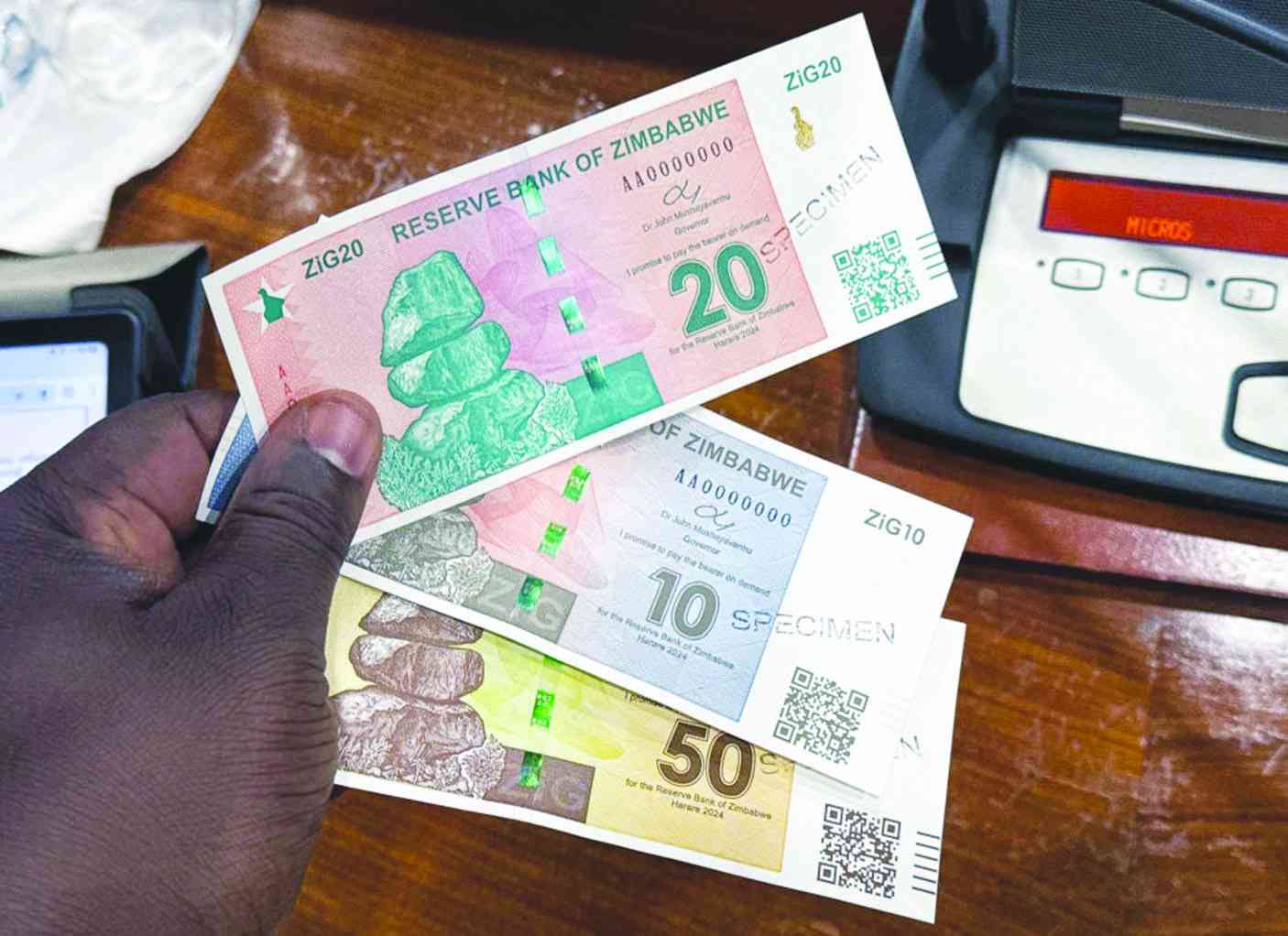
ZIMBABWEANS are chocked by an unprecedented wave of fresh taxes announced by Finance, Economic Development and Investment Promotion minister Mthuli Ncube in his 2024 National Budget.
The consequences are dire. Business and individuals are struggling and all is not well in a country with one of the highest unemployment rates of around 90%, a volatile local currency, foreign currency shortages, rising poverty and skyrocketing prices of goods and services.
The cost of living has spiked since the taxes came into effect on January 1.
From increased fuel taxes and value-added tax (VAT) on essential goods to the introduction of a sugar levy, the 2024 National Budget has exacerbated pain, especially for low income earners.
Workers are already financially strained. In fact, this just includes everyone — the elderly, children and the unemployed — they are all taxed heavily.
But the situation is worse for the people living with disabilities (PLWD). Ncube did the unthinkable; he introduced a 15% tax on essential aids for the PLWD.
This includes prescription eyeglasses, hearing aids, Braille reading material, Braille typewriters, Braille wristwatches, motorised and non-motorised wheelchairs, and even crutches.
What an insensitive government?
- Interview: ‘Zim committed to tackling climate change’
- Finance minister reminded of PWDs
- ‘Zim needs infrastructure overhaul’
- Business sector plagued by uncertainty
Keep Reading
The introduction of the tax, which has been dubbed “disability tax” shows the lack of sympathy and empathy by the government.
It just exposes lack of commitment by the State to the wellbeing of its citizens.
The impact of this tax on those who already face numerous challenges in their daily lives is like living in a hell hole.
Prescription eyeglasses, Braille and hearing aids are not for luxury. They are lifelines for many. They provide a life with a semblance of normalcy.
By taxing these essentials, the government is further burdening those, who are already losing sleep over economic challenges.
It just shows how detached Ncube and those in government are.
When they introduced the tax, did they even consider the case of visually impaired people, who depend on Braille reading materials and typewriters to access information and communicate effectively? These tools are not just aids, they are key to education, employment, and social inclusion.
Did they also consider a person or child with serious disability, who depends on motorised wheelchairs and crutches to move around? Motorised wheelchairs and crutches are vital mobility aids for people with physical disabilities. They empower them to move independently, participate in society and pursue their goals.
By imposing a tax on these critical items, the government is sending a disheartening message. It’s simply saying the PLWD community are secondary and their struggles are not a priority. In short, the government doesn’t care.
What a shame!
The amount the government wants to raise to fund projects and other essentials, doesn’t mean it has to be callous. It is economically unjust and morally wrong. Ncube should hang his head in shame for this insensitive taxation.
It reflects a failure to recognise the importance of enabling all citizens to live full and meaningful lives, regardless of their physical abilities.
Already, many Zimbabweans are struggling to buy prescription eyeglasses, which cost hundreds of dollars and non-motorised wheelchairs that cost an arm and a leg.
Implications of high taxes are calamitous.
High taxes can lead to increased health complications and a deeper sense of discrimination of the PLWD population. It is estimated that more than 1,4 million people have some form of disability in Zimbabwe. This does not include people that need prescription eyeglasses.
The government must remember that it has a duty to protect and support all members of society. It should be alleviating the burdens faced by these individuals, by subsidising these items.
The Second Republic has always said it is a listening government. It is time to do as they preach. Mere rhetoric doesn’t work!
Ncube needs to reconsider this regressive tax and show compassion.
By rescinding the 15% tax, the government will have demonstrated their commitment to social responsibility and paved the way for a more inclusive society that values the dignity and well-being of its citizens.











